Celiac.com 06/11/2024 - The findings from a study conducted by Moms Across America shed light on concerning levels of glyphosate, pesticides, low mineral content, and even gluten in gluten-free products. This is particularly relevant to individuals with celiac disease and gluten intolerance, a population that relies on gluten-free products to manage their condition.
The study tested 46 samples of organic and non-organic gluten-free food products, including bread, pasta, crackers, snacks, flour, dessert mixes, and chips, for glyphosate/AMPA, 236 pesticides, gluten, and mineral content. The results revealed that 44 out of 46 samples tested positive for glyphosate, a known contributor to gluten intolerance. What's more alarming is that 21% of these samples exceeded the EU threshold for acceptable glyphosate residues.
Celiac.com Sponsor (A12):
Notably, the highest level of glyphosate was found in Banza Chickpea Pasta, reaching a staggering 2,963 ppb, the highest amount ever recorded in human food by the lab. Additionally, the study identified 2,4-D, the active chemical in Agent Orange, as the most prevalent pesticide detected in the samples.
Moreover, three of the samples tested, including products made by Trader Joe's, Simple Mills, and Made Good Foods, registered gluten levels above the FDA's allowable limit of 20 ppm, posing a risk to individuals with celiac disease who rely on gluten-free products.
Key Findings - Gluten in "Gluten-Free" Products:
- Trader Joe's Everything Bagel registered 269.8 ppm gluten, over ten times the level deemed safe by the FDA. A product recall should be issued for this product, as it exceeds the FDA's level of 20 ppm for gluten-free products.
- Three of the samples, namely Simple Mills Brownie Mix, Made Good Foods Soft Baked Double Chocolate Cookies, and Simple Mills Almond Flour Crackers registered gluten levels above the 20 ppm allowed by the FDA (31.7 ppm, 56.1 ppm, and 59.4 ppm, respectively) - Each of these products were certified gluten-free by the Gluten-Free Certification Organization (GFCO), which certifies products as gluten-free if they are below 10 ppm. A product recall should be issued for these products, as they exceed the FDA's level of 20 ppm for gluten-free products.
- Three additional samples had levels of gluten above 10 ppm: Jovial Foods Spaghetti (10.6 ppm), GoMacro Berry Granola Bar (15.9 ppm), and Shar Pretzels (14.3 ppm). This level of gluten is considered safe for celiacs according to the FDA, however the GoMacro bars and Jovial pastas are also certified gluten-free by the Gluten-Free Certification Organization (GFCO), which means they are breaking the certification rules of the GFCO. Likewise, these products should also be recalled per the GFCO's guidelines for gluten-free certification.
Key Findings - Pesticides and Weed Killer in Gluten-Free Products
- 44 of the 46 samples tested were positive for glyphosate, a known contributor to gluten intolerance. Twenty-one percent tested higher than 10 ppb, the EU threshold for acceptable glyphosate residues.
- The highest level of glyphosate - 2,963 ppb found in Banza Chickpea Pasta - is the highest amount ever measured in human food by the lab.
- Gluten-free products that were also organic were not the lowest in glyphosate.
- 2,4-D, the active chemical in Agent Orange, was the most prevalent pesticide detected.
- King Arthur’s Gluten Free Flour and Milton’s Sea Salt Crackers had the highest levels of pesticides at 147 ppb and 75 ppb, respectively.
- The mineral values in all samples were very low based on the FDA Recommended Daily Values and accurate serving sizes per category, well below the 10% of daily value considered sufficient across age and gender.
"The glyphosate contamination in these products should set off alarm bells, because those who try to improve gut health by switching to a gluten-free diet may be jumping from the frying pan into the fire," remarked MIT research scientist Stephanie Seneff, author of Toxic Legacy.
Zen Honeycutt, founding Director of Moms Across America, states, "The prevalence of glyphosate and agrochemicals in gluten-free food products made for people with conditions such as celiac disease is disturbing for many reasons, especially because it is avoidable. All our policy makers need to do is disallow the spraying of glyphosate and other agrochemicals as a drying agent, as the EU has done, and 80% of our exposure to glyphosate would be eliminated from our diet altogether. We urge food manufacturers to join us in calling for better regulation of the food supply."
The low mineral content in all samples further raises concerns about the nutritional value of gluten-free products. With these findings, there is a call for improved regulation of the food supply chain to eliminate glyphosate and other harmful agrochemicals, particularly in products marketed to individuals with conditions like celiac disease. This study underscores the importance of informed consumer choices and the need for transparency and stricter standards in gluten-free food production.
For more details on all test results, visit: momsacrossamerica.com
Read more at: wkrg.com
Join the lively discussion on this topic in our forum.
06/14/2024 - An earlier version of this article mentioned that Made Good Foods Vanilla Cookies were found to contain over 20ppm gluten, but was updated to Made Good Foods Soft Baked Double Chocolate Cookies. This change reflects a change that was made to the original study after we had published this article.
06/18/2024 - Trader Joe's Everything Bagel was also added to this article.


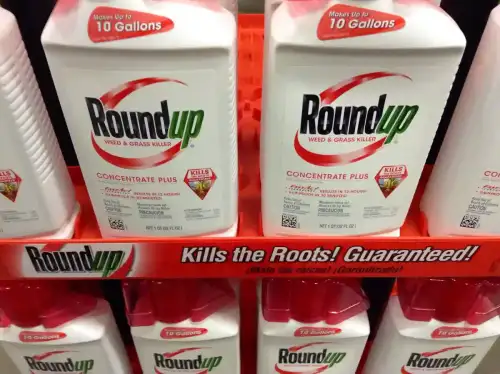

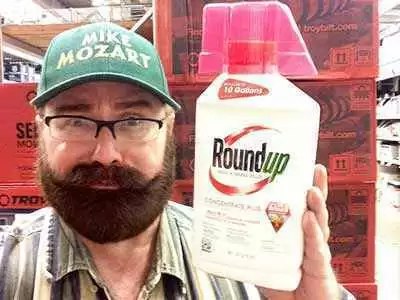

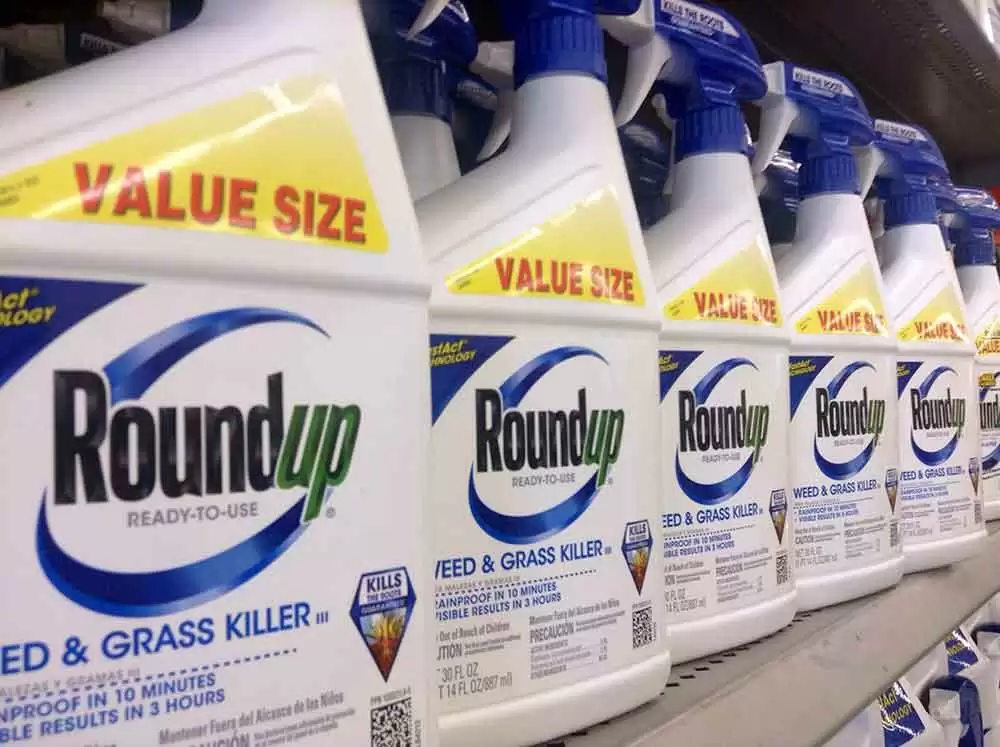
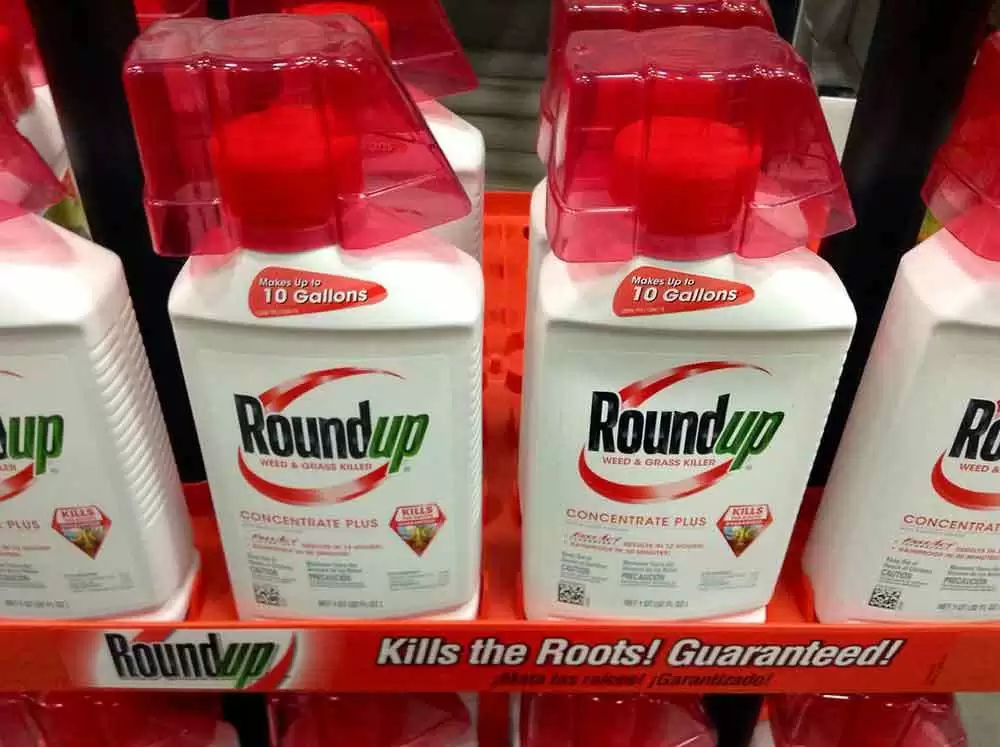
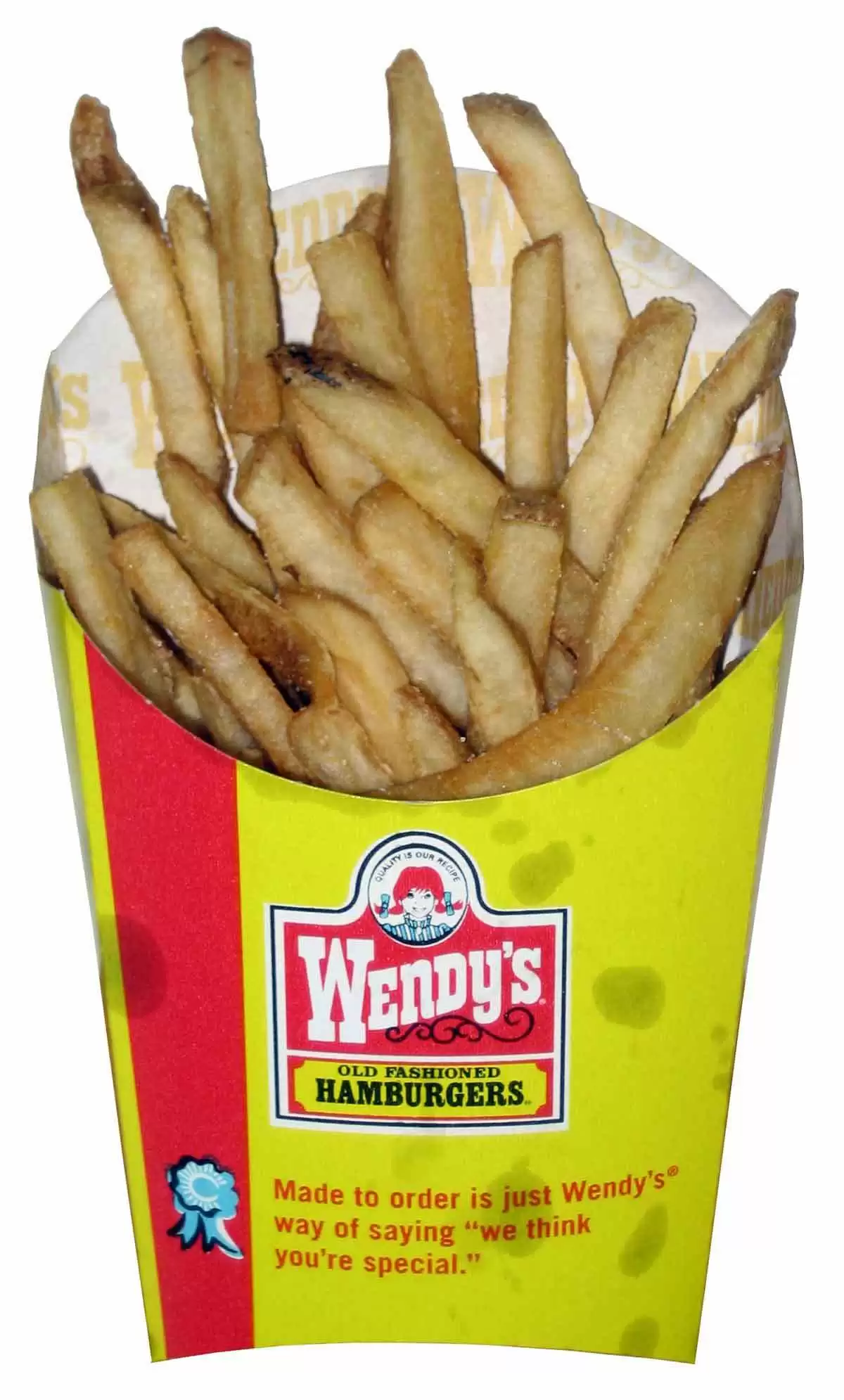


Recommended Comments
Create an account or sign in to comment
You need to be a member in order to leave a comment
Create an account
Sign up for a new account in our community. It's easy!
Register a new accountSign in
Already have an account? Sign in here.
Sign In Now